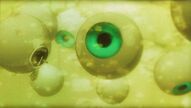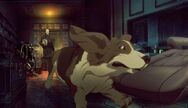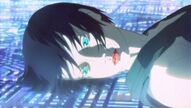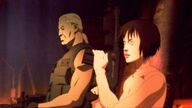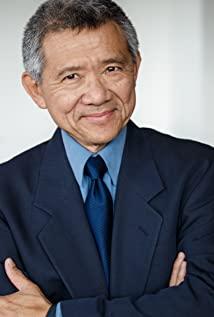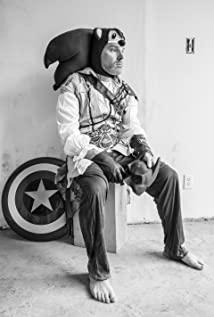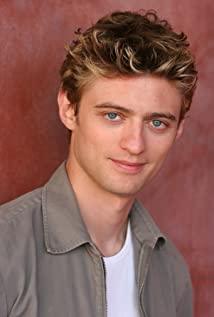After reading the previous film reviews, the sources of the quotations for the movie lines have been listed completely, but I found that there is one place that has not been mentioned, so I will add it.
The line is this:
Jin: "Human beings are inferior to puppets in terms of the beauty of gestures and movements. Human cognitive deficits lead to imperfections in reality. Does perfection mean not having consciousness? Infinite consciousness? In short, only a puppet or a god can perfectly realize it."
This part should be from a short essay by the German writer Heinrich von Kleist entitled Über das Marionettentheater (On the Marionette Theatre; On the Marionette Show) about the writer Discuss the elegance of a marionette with a friend. The original text is in German, and only an excerpt from the last part and the English translation:
"...so findet sich auch, wenn die Erkenntniß gleichsam durch ein Unendliches gegangen ist, die Grazie wieder ein; so, daß sie, zu gleicher Zeit, in demjenigen menschlichen Körperbau am Reinsten erscheint, der entweder gar keins, oder ein unendliches Bewußtsein hat, dh in dem Gliedermann, oder in dem Gott."
"...so grace itself returns when knowledge has, as it were, gone through an infinity. Grace appears most purely consciousness in that human form which either has no consciousness or an infinite. That is, in the puppet or in the god. "
The author and friends also tell many stories in the article about how self-consciousness can make people's movements inelegant. All quite interesting.
At this point, the source of the quotation in the lines should be alive! Everyone in the movie can be said to be citing literature when they open their mouths, to the extent that they can't even defend themselves! But bet did it!
View more about Ghost in the Shell 2: Innocence reviews



